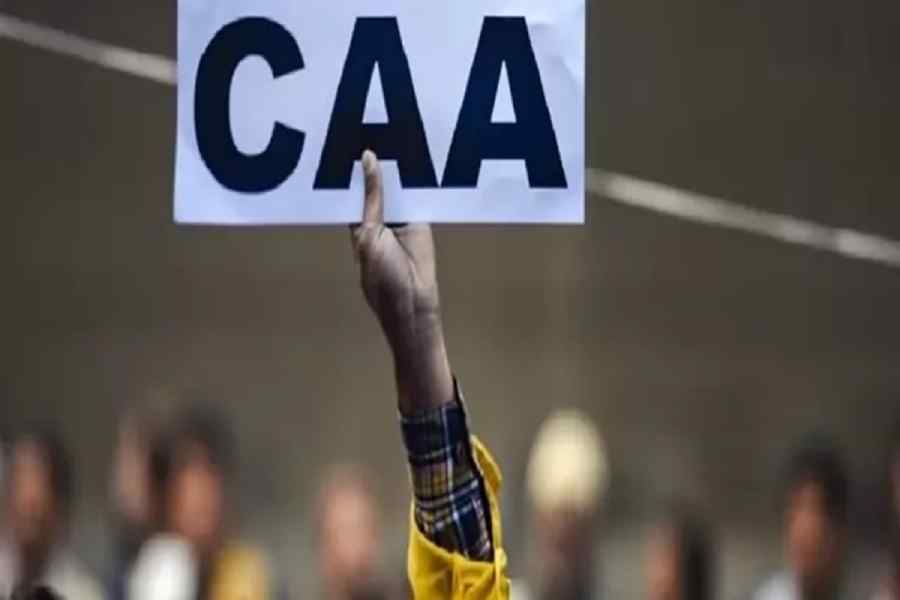The Centre has expanded the ambit of the rules issued under the citizenship law CAA through which Indian nationality will be given to persecuted minorities coming from Afghanistan, Bangladesh or Pakistan.
The Union home ministry announced that "any document" issued by the central or state governments or quasi-judicial body in India proving that either of the parents, grandparents or great-grandparents is or had been a citizen of one of the three countries will be acceptable.
The clarification of the home ministry came after many applicants seeking Indian nationality under the Citizenship (Amendment) Act, 2019 were reported to be facing difficulties due to a particular clause of the Citizenship (Amendment) Rules, 2024.
"Any document that shows that either of the parents or grandparents or great grandparents of the applicant is or had been a citizen of one of the three countries i.e of Afghanistan or Bangladesh or Pakistan," the earlier clause of the Citizenship (Amendment) Rules, 2024 says.
In its latest clarification, the home ministry said: "It may be clarified that the documents under Sr No. 8 of the Schedule -1A may include any document issued by the central government/state government/ any judicial or quasi judicial body in India such as land record, judicial order etc., identifying or representing that the applicant or the parents or grandparents or great grandparents had been a national of Afghanistan or Bangladesh or Pakistan." "The above clarification may be taken note of while deciding any citizenship application under Citizenship (Amendment) Act, 2019 (CAA), it said.
The CAA was enacted in December 2019 for granting Indian nationality to persecuted Hindu, Sikh, Jain, Buddhist, Parsi and Christian migrants from Afghanistan, Bangladesh and Pakistan who came to India on or before December 31, 2014.
After the enactment, the CAA got the president's assent but the rules under which Indian citizenship would be granted were issued only on March 11 this year, after over a delay of four years.
Since May, the government has been granting citizenship to those coming from the three countries under the CAA.
The nod to the CAA in 2019 sparked protests in different parts of the country with agitators terming it "discriminatory".
Over a hundred people lost their lives during the anti-CAA protests or police action in various parts of the country.
Except for the headline, this story has not been edited by The Telegraph Online staff and has been published from a syndicated feed.











